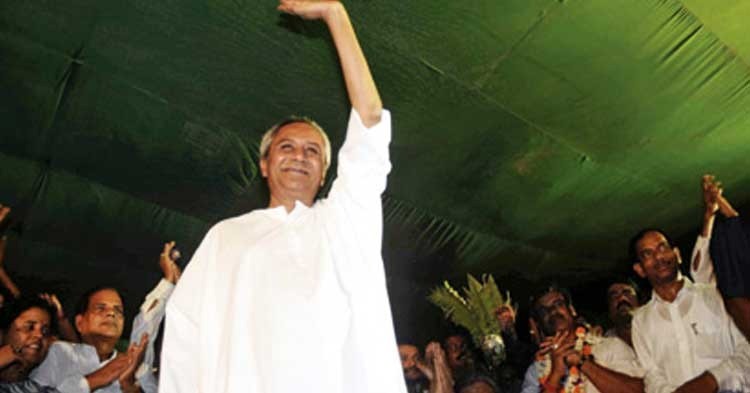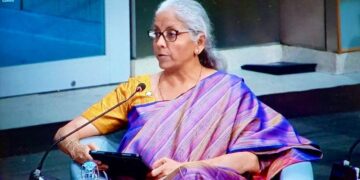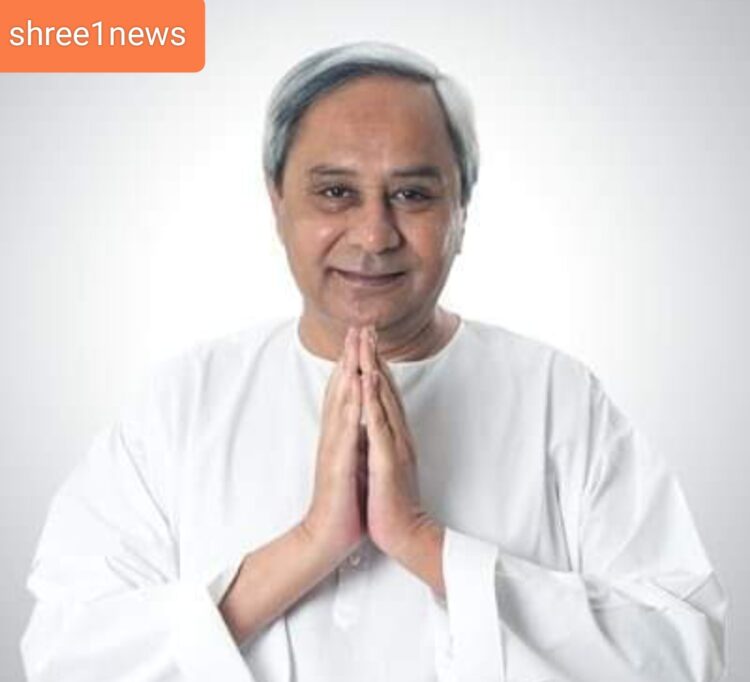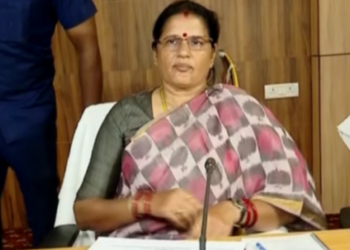The result of the Odisha Assembly election in 2024 brought an end to the reign of Naveen Patnaik, one of the most influential regional leaders in India. In the 147-member Assembly, his party, the Biju Janata Dal (BJD), could only collect about 50 seats, far short of the majority threshold of 74 seats.
Naveen Patnaik and Odisha have virtually become synonymous, at least in the last 24 years. Known by most as Naveen Babu, Patnaik unexpectedly entered state politics in the BJD, a party founded by his father, the late Odisha chief minister Biju Patnaik.
His term as chief minister, at 24 years and 91 days, was the second longest behind that of Pawan Chamling of Sikkim.
Following a surprising loss in the general elections, Odisha’s elegant and soft-spoken Chief Minister Naveen Patnaik announced his resignation on Wednesday, marking the end of an era. Not only did the setback dash his hopes of being India’s longest-serving chief minister, but it also cast doubt on the BJD’s future.
Over the course of its five terms in office, the BJD government has prioritized the needs of the people and ushered in a period of good governance. Among its many welfare initiatives for the state’s impoverished and underprivileged citizens are the Biju Swasthya Kalyan Yojana (BSKY), a kilo of rice for Re 1, the KALIA (Krushak Assistance Livelihood and Income Augmentation) scheme for farmers, and Laxmi Bus Service, construction of high-quality roads across the state and especially economic and political empowerment of women through Mission Shakti and self-help groups (SHGs) which enlisted a massive seven million women across the state.
It’s a common belief in politics that perception equals truth. People believe that Naveen is one of the rare breed of leaders who works harder and speaks less, and whose actions speak louder and more expressively than his written or spoken words or even his silent articulations. Throughout his turbulent 24-year reign, his government engaged in a wide range of initiatives that demonstrated his fact-based and experienced understanding of people.
In implementing welfare policies for ensuring food, human, and health security to vast masses of ordinary people and ensuring massive mobilisation of women through a well-conceived policy of Mission Shakti which created more than half a million self-help groups and enlisted seven million women in them, the leadership of Naveen created a bulwark of strength on an enduring basis. It is an idea, a movement, and a revolutionary action of far-reaching significance engineering social transformation and change and enhancing the capability of people.

The way that Naveen’s policies are actually put into practice is a good example of Professor Amartya Sen’s capability approach, which holds that public policies in democracies should be designed to maximize people’s potential and ensure that their rights are fulfilled.
In terms of women’s empowerment, Naveen made history in our nation by fielding female candidates from his party for three of the state’s twenty-one legislative seats. It was a remarkable ruling that realized Mahatma Gandhi’s dream of seeing more women in our legislatures, which dates back to 1931. Gandhi’s vision was reflected in Patnaik’s choice, which created a national narrative and motivated leaders like Mamata Banerjee and Rahul Gandhi to announce similar measures.
Naveen’s tenure with a huge women’s political empowerment brings out the inclusive ideals in his personality profile which represents soft power the defining aspects of which are persuasion and attraction and not coercion, imposition, and domination. This soft power of Patnaik manifested in his day-to-day conduct in politics and public life eschewing harsh words, bitterness, and acrimony even against his bitterest opponent has endeared himself to people across India and set out a fine example of statesmanship, sanity, dignity, and decency which are seriously compromised even among the top leadership of our country.
This nonviolent strategy, known as “soft power,” is inspired by the philosophy of Mahatma Gandhi. He has continuously advocated for the employment of non-violent methods. In honor of Mahatma Gandhi’s 150th birthday, he proposed adding a clause about non-violence to the Indian Constitution’s preamble, arguing that only then would the nation be able to really honor the man. He has strengthened the foundations of democracy and advanced the cause of nonviolence.
In stressing non-violence and taking forward the cause of dialogue and debate the leadership in Odisha represented by Naveen has taken a very significant step to save our democracy which is facing mortal danger from political formations openly espousing the cause of violence and lynching people in the name of food, dress and faith.
Apart from providing effective governance, Naveen Patnaik has set global standards in successfully managing disasters, both man-made and natural.
The effective governance of Naveen Patnaik has helped in meeting the challenges posed by storms, cyclones, and other natural calamities often causing havoc in Odisha and resulting in huge loss of life and property. During the freedom struggle, Mahatma Gandhi deeply reflected on recurrent natural disasters hitting the state and described Odisha as “the land of tears and sorrows”. That was in the late 1920s. The Justice HR Khanna Commission of Enquiry set up to go into charges against some leaders of Odisha had observed in its report that the state has been treated as the Cinderella of modern India. It means that the state hardly received legitimate attention and care at the hands of the successive Union governments. The state of Odisha of the 21st century was condemned to be the Cinderella of modern India despite the repeated demand by the Chief Minister that the state should be accorded special status because of its vulnerability to natural calamities and other social and economic problems.
More than elections, effective governance is important for running the machinery of a state and dealing with natural disasters. Odisha “the land of tears and sorrows” and the Cinderella of modern India was yearning for a leader to shape its destiny and harness its potentiality. A leader with quiet dignity marked by grace and decency was the need of the hour. It was Naveen who provided that leadership which has transformed the state in a major way.
Under his leadership, Odisha has drawn praise and attention since 2000 for providing a statecraft architecture characterized by efficacy, efficiency, transparency, and activity that is goal-oriented. The minimal number of people killed and property destroyed in Odisha after natural disasters has established a new standard for excellence in the use of government resources for disaster relief. The UN has stated that Odisha’s achievement in managing natural disasters under the direction of Naveen Patnaik merits replication on a worldwide scale. It is evidence of Naveen’s excellent leadership abilities as the state’s chief minister.
It is worthwhile to quote Patnaik’s memorable words again while receiving the award of ideal Chief Minister Award. He said, “…election is not important, but change and transformation is important. If you love your people, you don’t fight for elections; you fight for change and transformation.”
It is fascinating to note that Naveen Patnaik echoed the same message while receiving the award of the ideal Chief Minister. He said, “If you work for the people, you will continue to live in the hearts of people like Mahatma Gandhi and Biju Babu. If you keep people at the forefront, it is not a political journey, it is a spiritual experience.








 Finance
Finance







